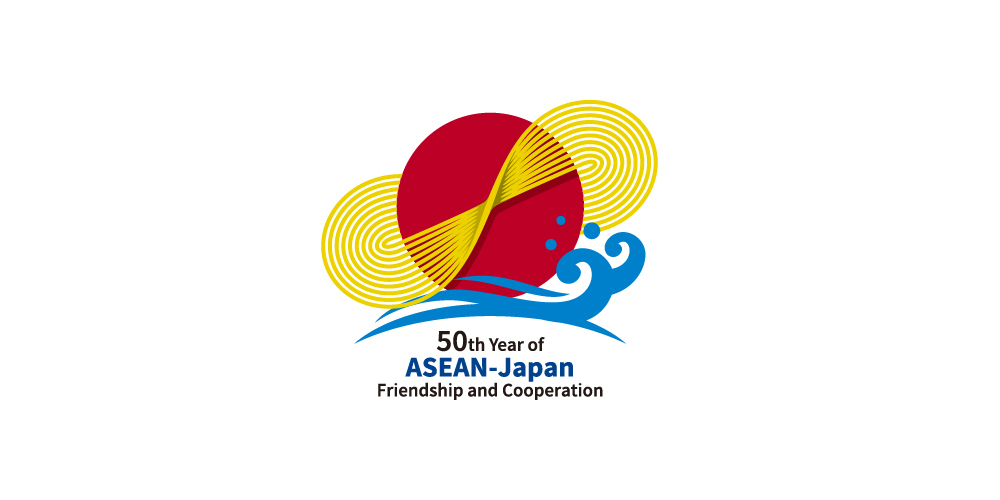By Ravichandran D.J Paul
TOKYO, Dec 15 (NNN-Bernama) — Beginning on Friday, ASEAN leaders will gradually make their way to Tokyo to participate in the ASEAN-Japan Commemorative Summit, scheduled to take place from December 16th to 18th.
This summit holds significance as it marks the celebration of the 50th anniversary of ASEAN-Japan Friendship and Cooperation in 2023.
Japan’s enduring friendship and cooperation with ASEAN have deep roots, tracing back to the Synthetic Rubber Forum held in Tokyo in 1973. This bond was further strengthened by the Fukuda Doctrine in 1977, which laid down the foundational principles of ASEAN-Japan diplomacy.
What initially began as discontent among several rubber-producing states in ASEAN with Japan’s switch to synthetic rubber and a reduced dependence on natural rubber, had literally planted the seeds of Japan-ASEAN diplomacy as both sides engaged one another to find an amicable solution.
ASEAN-Japan relations have seen significant achievement over the last half century much due to the success in fostering unity and strengthening cooperation across a wide spectrum of areas.
Japan, an ASEAN dialogue partner since 1989, has been instrumental in the region’s economic development and growth.
Dr Hoo Chiew Ping, Senior Fellow, East Asian International Relations (EAIR) Caucus, an international relations specialist network coalition based in Kuala Lumpur, notes that one particular area that Southeast Asian countries have benefitted is from Japan’s investment in the region over the last 50 years.
Most of the national development is modelled after Japan’s industrial policy, for example in Jakarta, Kuala Lumpur, Phnom Penh, Hanoi, and many more places.
Japanese investment has been consistent and stable until the recent surge coming from China and now South Korea.
“Japan needs to do more to maintain itself as a top investor in ASEAN,” she says.
In the past, Japan has been criticised as an electronic salesman where it delved mainly into economic cooperation but showed zero political interests.
“But I see that Japan-ASEAN relations in the next 50 years will be more comprehensive to include security cooperation.
“Now, Japan has stepped up to become a major power that can expand its defence and also play a role in capacity building of security and enforcement agencies. This is why Official Security Assistance (OSA) was launched and Southeast Asian countries are among the first to benefit from the new scheme,” she says.
Right now, the Japanese government is very open about the security linkages between the East China Sea and South China Sea as seen in the country’s Free and Open Indo-Pacific (FOIP) policy.
“Yet, the outreach is still limited to maritime security governance, Law of the Sea, and safety issues on shipping, port, etc,” she points out.
Meanwhile, Prof Azmi Hassan a Senior Fellow at Nusantara Academy for Strategic Research (NASR) concurs with Dr Hoo on Japan’s immense contribution to trade and investments in Southeast Asia.
However, he begged to differ on the geopolitical side where Japan appears more inclined towards the United States (US) than with ASEAN.
Though grouping ASEAN may view Japan as a good trade and investment partner, but individually there exists divergence with Japan on global geopolitical issues.
He points to the Palestine issue where Japan appears more in line with the US than with Malaysia, Indonesia, and Brunei. The same with the issues relating to North Korea or the South China Sea.
“Even with the South China Sea (SCS), where Japan has shown interest, Japan’s stand is more in line with the US in terms of freedom of navigation in SCS which differs from Malaysia’s stand.
“However, I see that there is a balance even though ASEAN members and Japan may view different certain geopolitical issues especially regarding SCS, with both sides viewing each other as important trading partners.
“Individually or as a group, ASEAN nations trade actively with Japan. So in terms of the economy, I think ASEAN and Japan rely on each other.
According to preliminary ASEAN data available on the ASEAN Secretariat website, total merchandise trade between ASEAN and Japan reached US$225.9 billion in 2019, accounting for 8.0 per cent of ASEAN’s total merchandise trade, while total Foreign Direct Investment (FDI) inflows from Japan amounted to US$20.4 billion, accounting for 12.7 per cent of total FDI inflows to ASEAN.
This placed Japan as ASEAN’s fourth-largest trading partner and second-largest external source of FDI among ASEAN’s Dialogue Partners in 2019.
In terms of Malaysia, for eight successive years since 2015, Japan has been Malaysia’s fourth largest trading partner. In 2022, trade with Japan was valued at RM181.51 billion (US$4.21 billion), contributing 6.4 per cent of Malaysia’s total trade.
As of June 2023, a total of 2,778 projects by Japanese companies have been implemented in Malaysia, with investments amounting to RM91.89 billion (US$27.43 billion).
The summit in Tokyo wraps up the commemorative activities in 2023 in conjunction with the 50th Year of ASEAN-Japan Friendship and Cooperation that began with symposiums in Jakarta, Indonesia, in February, and in Tokyo in March.
Themed “Golden Friendship, Golden Opportunities, the ASEAN-Japan Commemorative Summit provides an opportunity to reflect on the past 50 years of cooperation and chart a course for the future, ensuring that ASEAN and Japan can continue to prosper together in the coming decades.
— NNN-BERNAMA






